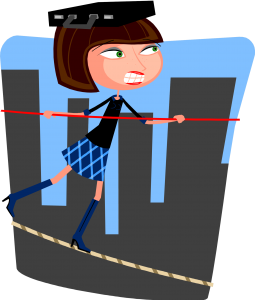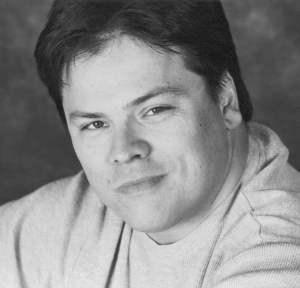 In general, we often hear there are two types of writers: pantsers and plotters. Pantsers write by the “seat of their pants,” tend not to plan very much, and let the story grow organically. Plotters plan out the story more, using outlines, story boards, or summary chapters. As with all writing, there is no one correct way, no right or wrong, just whatever works for any particular writer. Continue reading “Writing with the Subconscious”
In general, we often hear there are two types of writers: pantsers and plotters. Pantsers write by the “seat of their pants,” tend not to plan very much, and let the story grow organically. Plotters plan out the story more, using outlines, story boards, or summary chapters. As with all writing, there is no one correct way, no right or wrong, just whatever works for any particular writer. Continue reading “Writing with the Subconscious”
Tag: subconscious writing
When Your Writing Knows You Better Than You Know Yourself
 Some people write as therapy. Some people let their subconscious write. These are both cognizant choices that are made by the author as part of their craft. I’m not talking about either of those.
Some people write as therapy. Some people let their subconscious write. These are both cognizant choices that are made by the author as part of their craft. I’m not talking about either of those.
Have you ever written something that just popped onto the screen? Some strange character backstory – something instrumental in forming the character’s personality – and then thought, “Well, that’s weird. But it works, so I’ll leave it.” Has that ever happened to you? Continue reading “When Your Writing Knows You Better Than You Know Yourself”
A Question of Balance
 I’m deathly afraid of heights. Going out on the observation platform on the Space Needle in Seattle, I have to plaster myself to the back wall of the central structure and dig my fingernails into the wall when the wind blows. At the Grand Canyon, I have to stay at least six feet back from the low walls that line the trails; none of this blithe waltzing over to the edge and looking down for me.
I’m deathly afraid of heights. Going out on the observation platform on the Space Needle in Seattle, I have to plaster myself to the back wall of the central structure and dig my fingernails into the wall when the wind blows. At the Grand Canyon, I have to stay at least six feet back from the low walls that line the trails; none of this blithe waltzing over to the edge and looking down for me.
So how did I end up on a tightrope?
I’ve discovered that writing is very much like walking a tightrope, placing the feet carefully on the rope itself, hefting a balance beam and making very small corrections to the left or right as necessary. But what, exactly, are we balancing? Continue reading “A Question of Balance”
Subconscious of Your Writing Part 2 by Ken La Salle

This is the second part of my piece on subconscious writing. In Part One, I discussed outlining versus what some call “pantsing.” (Kat Brooks explained this to me as “writing by the seat of your pants,” which I believe explains it quite well.) But what happens after you’ve begun whatever it is you’re writing? How does subconscious writing play a part then?
I think one of the things that makes subconscious writing so difficult to explain is the whole “subconscious” part of it. So, please bear with me as I try to explain what I mean.
As I wrote my last novel, I had no clear idea what I was trying to say. I had started it with a specific image in mind. But that image must have stirred connections in my mind because I found it so filled with consequence that the image was truly just the starting point. Continue reading “Subconscious of Your Writing Part 2 by Ken La Salle”
